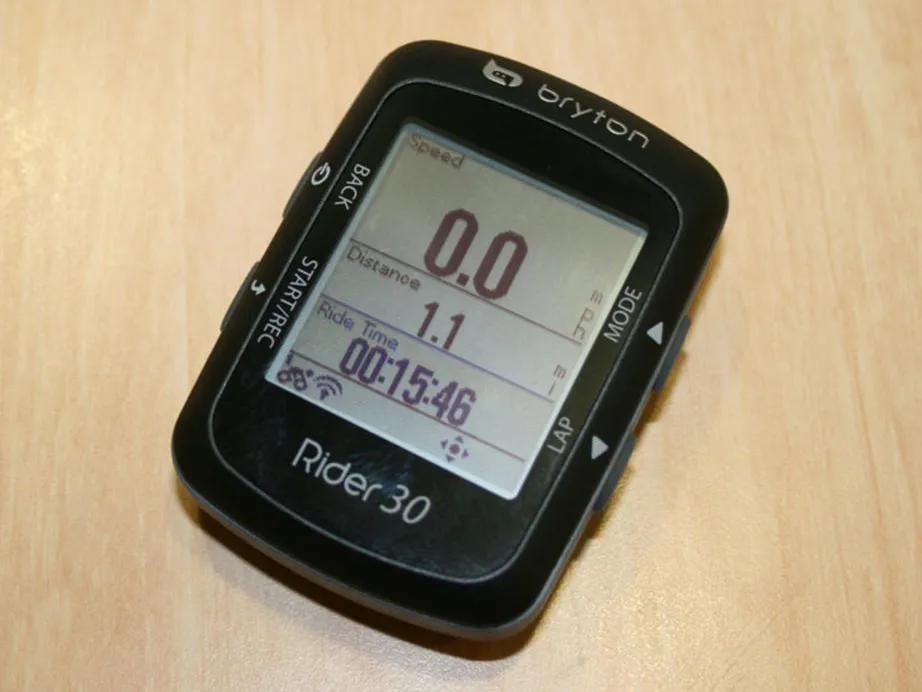Swiss GPS giants Garmin have begun legal action against rivals Bryton over their range of cycling computers. They accuse Bryton of mimicking both the appearance and functionality of their popular Edge range, and have lodged a patent infringement suit against the Taiwanese company at the US District Court in Kansas.
It seems Garmin are particularly concerned about Bryton’s Rider 30 – a competitor to their Edge 500 – and are seeking a preliminary injunction to stop its sale in the US. A preliminary injunction has already been issued in Germany preventing Bryton and their distributors from selling the Rider 30 in the country.
“We're proud of the intellectual property rights awarded to our innovative products and we have little tolerance for companies that attempt to trade unfairly on those rights," says Andrew Etkind, vice president and general counsel at Garmin.
According to a statement on their website, Bryton are waiting for Garmin to file further documents with the court before deciding what action to take. "In spite of that, Bryton hereby would like to declare that Bryton have designed and developed our own unique industrial design, product concept and user scenario," the statement says.
BikeRadar spoke to intellectual property lawyer Tom Lingard, from UK law firm Stevens & Bolton, to find out how the case is likely to progress. "The first thing the court would check is the patents," he said. "They'd check to see what Garmin's patent says is in their product and do the same with Bryton, and then compare the two.
"If Garmin are successful with their action in the US, there are a number of different ways forward. Firstly, they could get an injunction to stop Bryton trading the product. They could get the destruction of the product, or they could simply be awarded damages. These damages could be up front or they could be awarded a percentage of future sales of the product. In this case, their business could continue and Garmin could benefit in future."
Although Garmin were successful in getting an injunction in Germany, this doesn't guarantee the same outcome in the US. "Patents are awarded territorially – there's no such thing as a worldwide patent," said Lingard. "The German court would have checked the German patent. It'll be the same in the US and there could be slight differences in the wordings, so each court may have a different view or interpretation."


